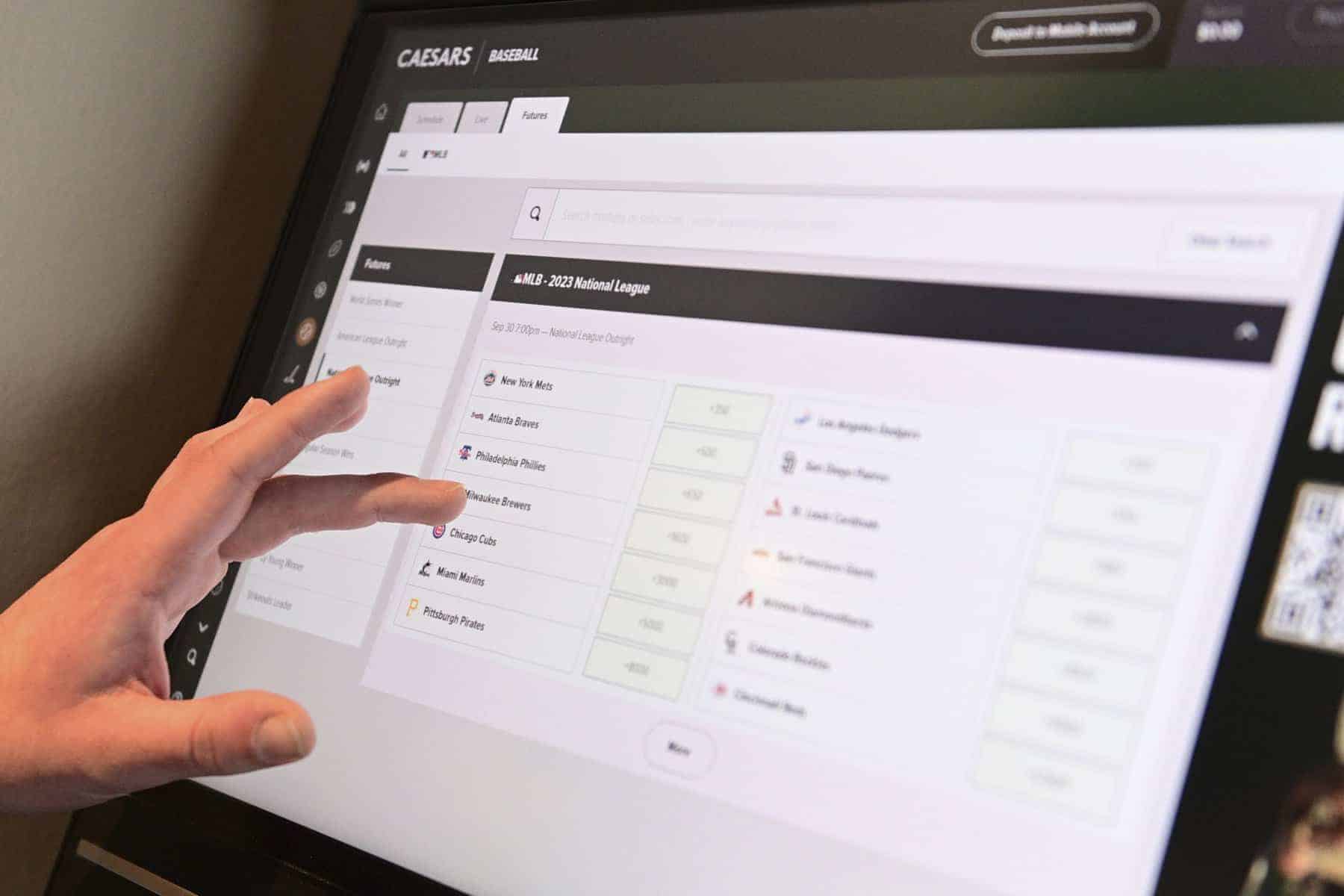If you’re new to betting on sports, some of the jargon and technical language can make otherwise accessible betting content that much more confusing. The concept of a “push” is another one of those jargony terms to learn. Let’s dive into what it means for a bet to “push” — and as always, you can check out more of our introductory betting content here! Nevertheless, let’s take a look at answering the question about what is a push in sports betting.
What is a Push in Sports Betting?
When betting on sports, two of the most common types of bets are the point spread and the total. The point spread is a bet on which team will win the game after a handicap is applied, while the total is a bet on whether the combined score of both teams will be over or under a certain number. Sportsbooks set these totals and spreads at either integers or decimals.
When a sportsbook sets a total or spread at an integer, such as -7.0, the exact outcome is possible. This means that if the final score results in a win by exactly 7 points, the bet is considered a push. Neither team covered the spread. In a push, the bettor receives their stake back but without any profit.
A push can be frustrating for bettors, as it means that they do not win any money on their wager. However, it is important to remember that a push is still better than a loss — no profit was gained, but no bankroll was lost.
Bettors should be aware of the possibility of a push when placing their bets on totals and spreads set at integers. They should consider this when deciding whether or not to place a bet and should factor it into their overall betting strategy. For example, it might be worth it to pay a slightly higher price to get a team to cover the -7.0 as opposed to the -7.5 in case the team in question wins by exactly 7 points.
state_offers_more
Hopefully we answered your question regarding what is a push in sports betting. After all, betting has a long and complex history in the United States. The practice of gambling has been present in the country since its early colonial days, with various forms of lotteries, card games, and other forms of gambling being popular pastimes. However, the history of legal betting in the US is marked by a complex set of regulations, restrictions, and bans that have evolved over time.
Funny enough, one of the earliest forms of legal betting in the US was horse racing. There’s really no pushing in horse racing. The first official horse race in the US took place in New York in 1665, and the sport quickly became popular across the country. In the late 1800s, parimutuel betting, a system where all bets are pooled together and the payout is based on the total amount bet and the odds of each horse, was introduced. This system is still used in horse racing today and has helped to make it one of the most popular forms of betting in the US.
From a technical standpoint, though, there’s under-the-radar types of sports betting in the States. During the 19th century, many states also authorized lotteries as a means of raising revenue. However, the use of lotteries became controversial due to their association with corruption, fraud, and organized crime. By the early 20th century, most states had banned lotteries, and they remained illegal until the late 20th century.
In the 1960s and 1970s, casinos began to be legalized in certain states, starting with Nevada. Other states followed suit in the following decades, and today, casinos are legal in many states across the country.
Fast-forward to today, and some other context we left out for the sake of brevity, more and more states continue to legal sports betting. After a bit of a wild west phase, though, regulations are become tighter, even if they do mostly change state-to-state. Nonetheless, if you’re looking for the best bets — ones that will hopefully avoid you asking what is a push in sports betting — our best bets tool is the way to go.




























